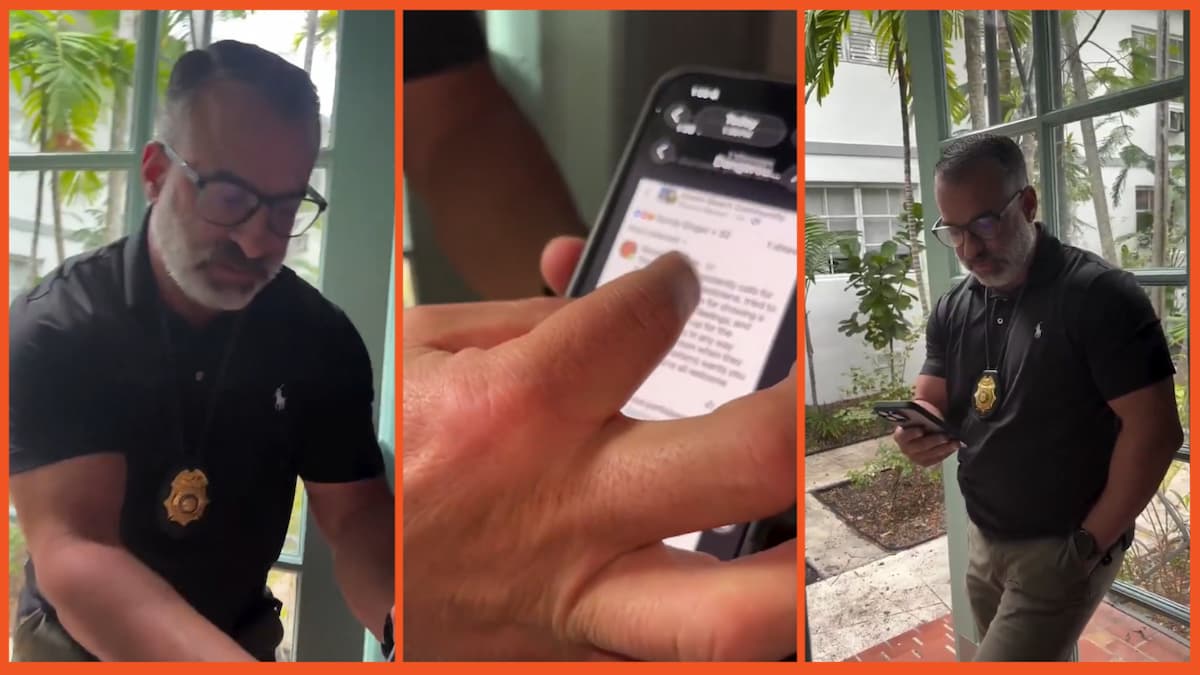The season 12 finale of Doctor Who challenged the show’s established lore with many twists and unexpected turn of events, though one, in particular, essentially retcons several incidents from the personal history of the titular Time Lord.
As you may know, the Doctor has always introduced himself as a Time Lord from the planet of Gallifrey in the constellation of Kasterborous; a man (or woman, if you will) with two hearts and a time machine who’s lived for more than two thousand years. The creators of Who realized early on that in order to keep the series going, they must consider changing the lead every now and again. Hence, the concept of regeneration was born. But as established in “The Deadly Assassin” all the way back in 1976, Time Lords can only regenerate 12 times, with 13 incarnations in total.
Jodie Whittaker’s second run as the Thirteenth Doctor, though, removed this limitation from the infamous Lonely God with the Timeless Child revelation. As it came to pass, we learned that the Doctor was an orphan from another universe. The indigenous people of Gallifrey experimented on her to unlock regeneration and to do so, they spliced their DNA with the Timeless Child but limited the number of regenerations for other Time Lords.
In hindsight, this somehow confirms that the Doctor may have had many incarnations in the past that we don’t know about, and that he/she can regenerate themself indefinitely.
This might sound like a brilliant idea at first, but seeing as how Steven Moffat already handled the situation in “The Time of the Doctor” by giving Matt Smith’s incarnation a new cycle of regeneration, the revelation may seem futile, to say the least. Perhaps that’s why many fans voiced their anger with this new development, especially since it undermines William Hartnell’s role as the Doctor that started it all.
Other people involved with the making of the show don’t seem to share with these sentiments, but one thing’s for certain; the fictional world of Doctor Who will never be the same after this revelation.

























Published: Mar 14, 2020 04:23 pm